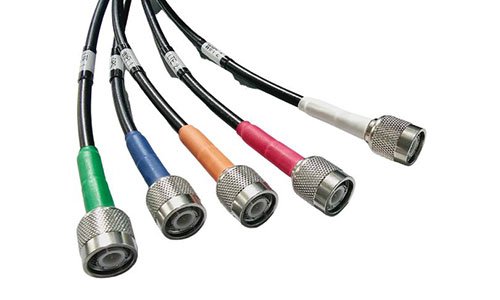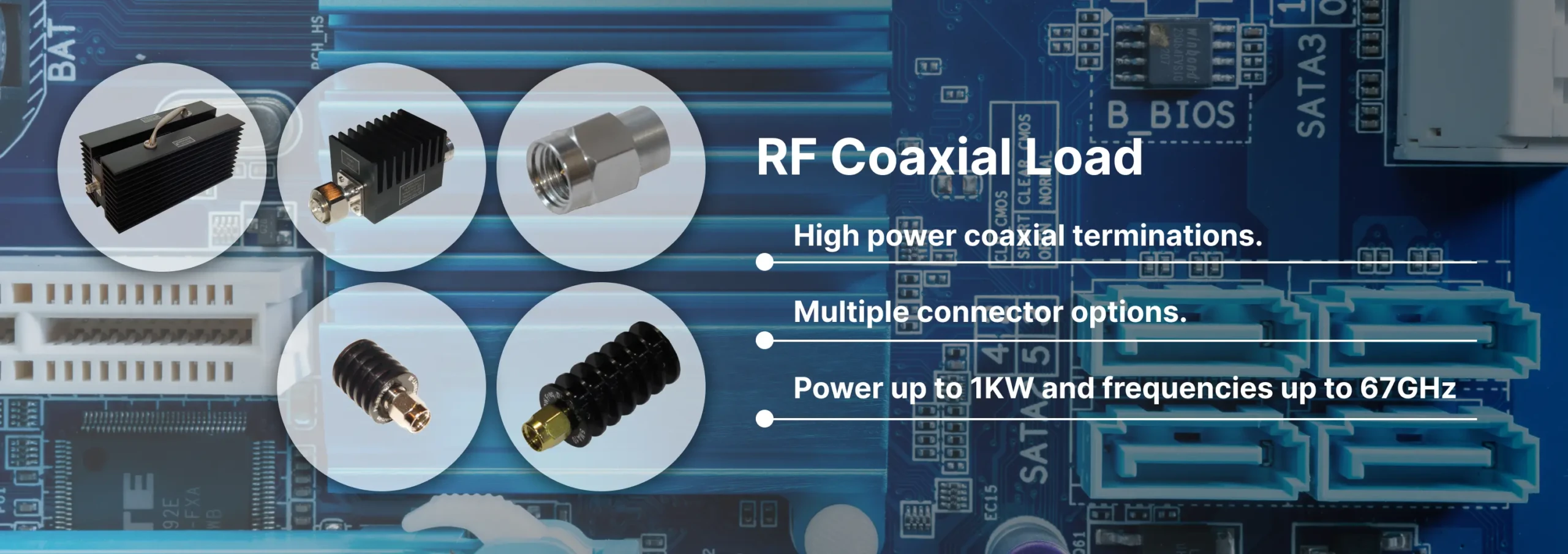by Angela
Share

When it comes to precision connectivity, one size rarely fits all. Whether you’re operating in aerospace, telecom, or test and measurement, having the right coaxial cable solution is critical to system performance and reliability. That’s where custom coaxial cables come in — tailored exactly to your specifications, built with precision, and tested for quality.
Why Custom Coaxial Cables Matter
Standard cable assemblies may not account for the unique environmental, electrical, or mechanical constraints your systems face. Custom coaxial solutions allow you to:
-
Match exact impedance and electrical length
-
Choose connectors that suit your mechanical design
-
Minimize insertion loss and VSWR
-
Support specific frequency ranges
-
Improve overall system integration
Applications Across Industries
Custom coaxial cables are widely used in:
-
Telecommunications – for 5G and base station installations
-
Aerospace & Defense – in radar, satellites, and RF modules
-
Medical Equipment – where high signal integrity is critical
-
Automotive & Industrial – for high-performance sensor and diagnostic systems
-
Laboratory & Test Systems – where repeatability and durability are non-negotiable
What to Consider When Ordering Custom Cables
To get the most out of a custom coaxial cable assembly, be ready to define:
-
Desired frequency range and impedance
-
Cable type and length
-
Connector types and orientation
-
Environmental requirements (temperature, vibration, humidity)
-
Shielding and insulation needs
Why Choose Reach-line for Custom Cable Assemblies?
At Xi’an Reach-line Technology Co., Ltd., we offer precision-engineered custom RF and microwave cable assemblies tailored to your needs. Our team provides expert consultation to ensure you get the optimal solution for your application, delivered with consistent quality and fast turnaround.
Whether you need a high-frequency test cable or a ruggedized assembly for the field, we have you covered.
👉 Explore our Custom RF Cable Assembly Solutions
STAY IN FOR MORE NEWS
Subscribe to our free newsletter.
Discover Reach-Line’s precision RF and microwave terminations covering DC to 110 GHz and power levels 1 W to 1000 W. Reliable, low VSWR solutions for 5G, satellite, and lab applications.
Reach-Line offers high-frequency cable assemblies, fixed attenuators, and precision terminations. Partner for engineering support, rapid prototyping, and global logistics.
In the realm of high-frequency applications, the SMA (SubMiniature version A) connector stands out as a compact yet powerful component. Developed in the 1960s, SMA connectors are designed for applications up to 18 GHz, with some precision versions extending to 26.5 GHz.
Reach-Line fixed attenuators cover DC to 110 GHz and 1 W to 1000 W. Fine-tune signals, protect components, and ensure repeatable tests in demanding RF applications.





